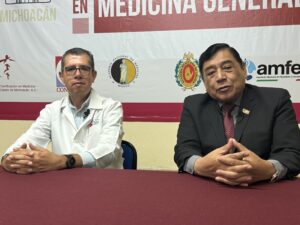The Principle of Action of Hormones and Peptides
Understanding the principle of action of hormones and peptides is essential in comprehending how these chemical messengers regulate various physiological Hormones and peptides processes in the body. Hormones and peptides play crucial roles in maintaining homeostasis, growth, metabolism, and reproduction.
Hormones
Hormones are signaling molecules produced by various glands in the endocrine system. These chemical messengers are secreted into the bloodstream and travel to target tissues to elicit specific responses. Hormones can be classified into different categories based on their chemical structure and mode of action.
Mechanism of Action
Once hormones reach their target tissues, they bind to specific receptors on the cell surface or inside the cell. This binding initiates a series of biochemical reactions that ultimately lead to changes in gene expression, protein synthesis, or cellular function. The effects of hormones are typically long-lasting and widespread throughout the body.
Peptides
Peptides are short chains of amino acids that act as signaling molecules in the body. Peptides can function as hormones, neurotransmitters, or growth factors, depending on their specific roles. Peptides are involved in a wide range of physiological processes, including appetite regulation, pain perception, and immune response.
Mechanism of Action
Peptides exert their effects by binding to specific receptors on the cell surface. This binding triggers intracellular signaling pathways that modulate various cellular functions. Some peptides act locally within the tissue where they are produced, while others travel through the bloodstream to distant target tissues.
In conclusion, hormones and peptides play vital roles in regulating diverse physiological processes in the body. Understanding the principle of action of these chemical messengers is crucial for elucidating the complex mechanisms that govern cellular communication and coordination.






